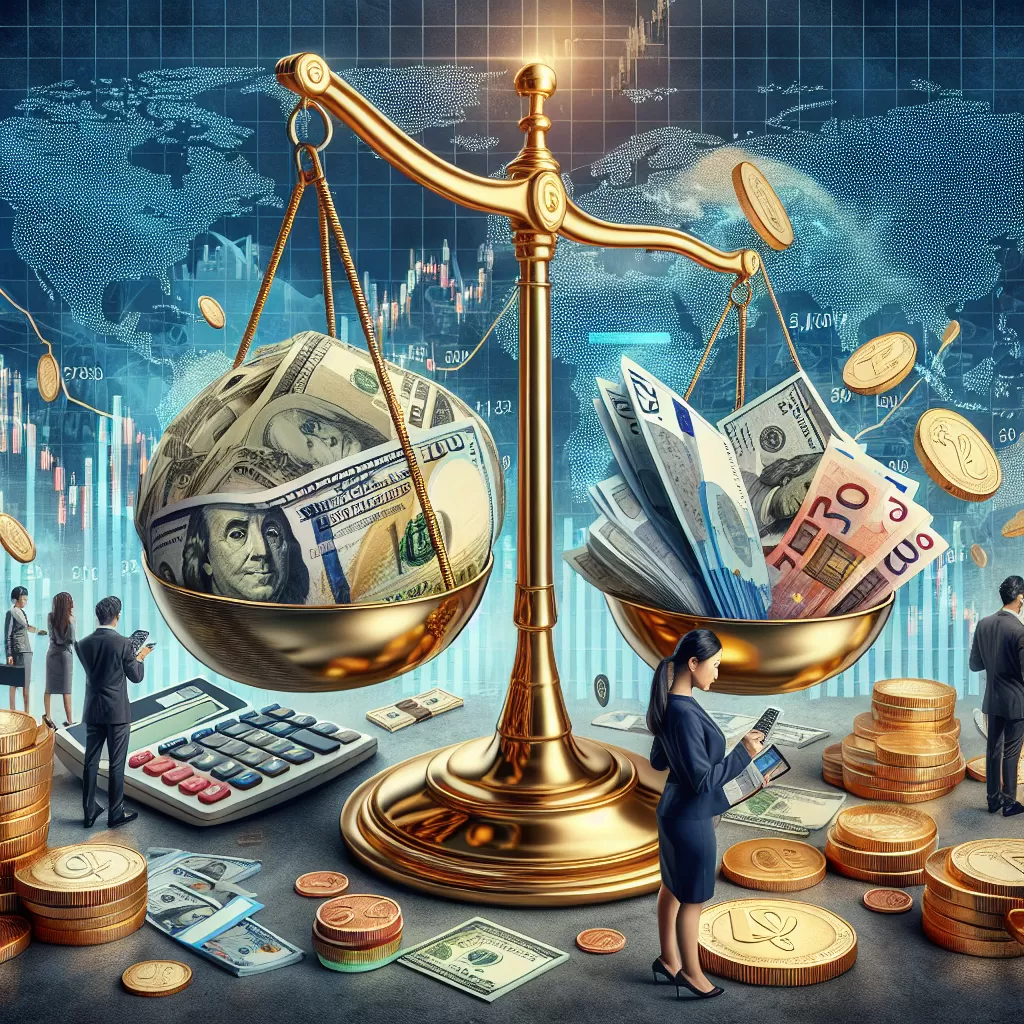What Is Currency Exchange Rate
Follow Currency Mart April 10, 2024
Where to purchase Foreign Currencies?

Introduction to Currency Exchange Rate
Currency exchange rate is an integral concept in the world of finance that depicts the value of one nation's currency relative to another's. It's an economic cornerstone that holds significant sway over the global trading and investment realm. Understanding how a currency exchange rate works is vital not just for economists, but also casual travelers, businesses, and investors.Understanding Currency Exchange Rate
At its core, the exchange rate measures the value of one currency in terms of another. It dictates how much of Country A's currency is needed to purchase a unit of Country B's currency. Therefore, an exchange rate functions as an economic metric that sets the global standard for currency value.The Forces Shaping Currency Exchange Rates
Exchange rates fluctuate regularly, shaped by myriad factors. Perhaps the most prominent are supply and demand dynamics, which respond to international trade activities, inflation, and interest rates. Political stability and economic performance also play tangible roles. For instance, if a country's economy is buoyant, its currency's demand might surge, driving its value up and vice versa.Types of Currency Exchange Rates
There are two main types of exchange rates - fixed and floating. Fixed rates are set and maintained by the government, often pegged to a significant global currency like the US dollar. On the other hand, floating rates fluctuate in response to market mechanisms of demand and supply. Many countries, including Canada, use a managed floating rate where the government intermittently intervenes to avoid extreme rate volatility.Currency Exchange Rate and International Trade
Exchange rates have a profound influence on international trade. When a nation's currency is strong, its exports become more expensive for foreign countries, potentially leading to decreased demand. Conversely, a weaker currency can spur exports by making them cheaper for international buyers.The Impact of Exchange Rate on Travel
For travelers, the exchange rate determines how much foreign currency they receive in exchange for their home currency. Thus, potential travelers carefully watch exchange rates to know the best time to exchange their money. Everything from buying a coffee abroad to a hotel stay is subject to the prevailing currency exchange rate.Managing Exchange Rate Risk
For businesses and investors, fluctuations in currency exchange rates can pose significant risks. Therefore, they employ various techniques like hedging to manage this risk. Hedging requires using a financial instrument known as a derivative to secure a certain exchange rate for a future date, thereby staving off potential losses due to unfavorable rate movements.Currency Exchange and Banks
Banks and exchange bureaus serve as the traditional hubs for currency exchange. However, it's crucial to note they might not offer the market exchange rate. Instead, they add a margin or fee, resulting in a less favorable rate for consumers. Therefore, one must consider all options before deciding where to exchange currency.Conclusion
Understanding the mechanics of currency exchange rates can empower individuals and businesses alike, helping to make informed decisions on everything from vacations abroad to global investments. It’s an ever-evolving world of numbers, with the ability to dictate economic health, wealth, and opportunities, both within and beyond a country's borders.
Where to purchase Foreign Currencies?